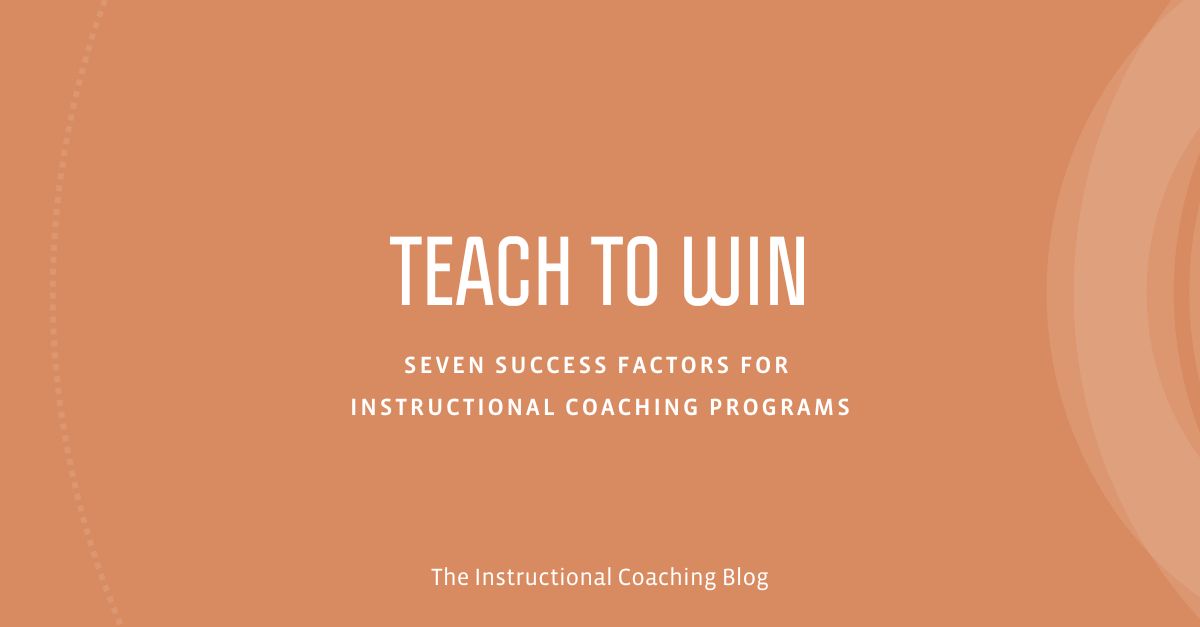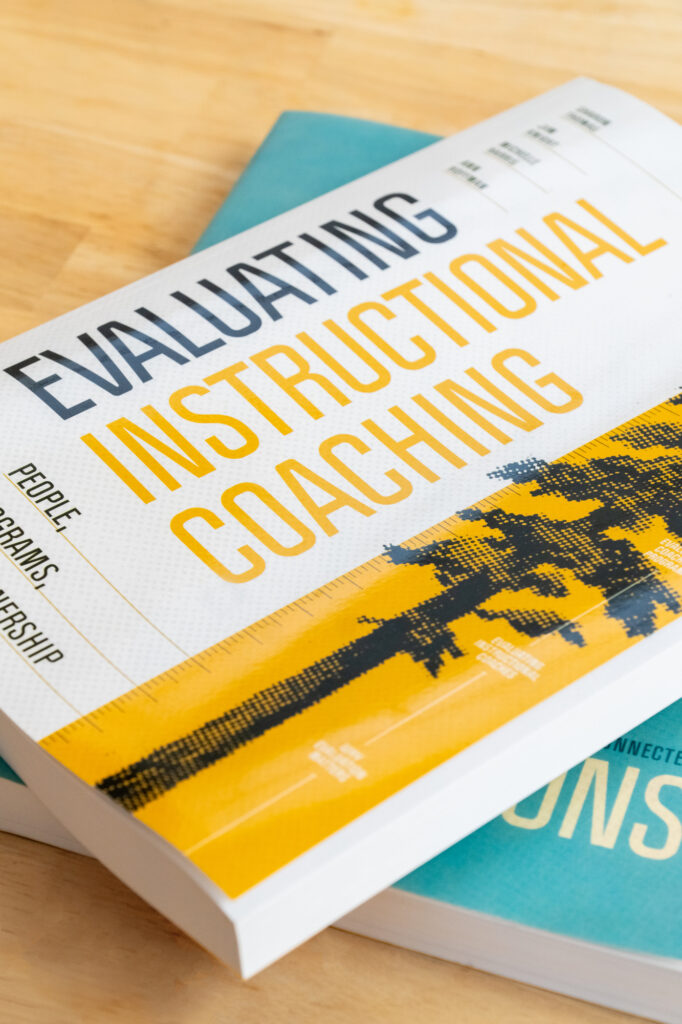As we begin this new year and all of our partners begin back at their schools, we want to revisit what factors are most important for an instructional coach’s success.
Through our research and experience we have identified seven factors that are required for an instructional coach to flourish. These factors for success are not “nice to have,” but rather are all needed in order to ensure the success of a coach, and failure to address even one of these factors leads to struggle for coaches and schools. Instructional coaches will have a significant impact on how teachers and students learn when their coaching programs are built around these seven success factors.
Understand the complexities of working with adults
Coaches should position themselves as partners by respecting teacher’s professional autonomy, seeing teachers as equals, offering many choices, giving teachers voice, taking a dialogical approach to interactions, encouraging reflection and real-life application, and seeing coaching as a reciprocal learning opportunity.
Use an effective coaching cycle
Over 20 years of research has led us to The Impact Cycle, a coaching cycle built on three stages: identify, learn, improve.
Know effective teaching practices
Instructional coaches need a deep knowledge of a set of strategies that they know will help teachers hit their goals. We refer to this as the Instructional Playbook.
Gather data
It is essential that coaches know how to gather basic observational data so that it can be used to set goals and monitor progress.
Employ effective communication strategies
Coaches are more effective when they have particular communication skills and habits.
Be effective leaders
We have found that the coaches who lead change successfully have two important attributes: they must be deeply respectful to the teachers with whom they collaborate, and they must be assertive and disciplined, leading change in an organized, ambitious, and forceful manner. Both are necessary.
Be supported by their schools and districts
Instructional coaches who make an impact work in districts that create the conditions that help them be effective.
These success factors are not merely suggestions for success, as we have also learned that coaches will struggle to have a positive impact on teachers and students when their coaching programs fail to address even one of these success factors. When these factors are addressed, truly positive improvements can happen quickly and frequently.



























